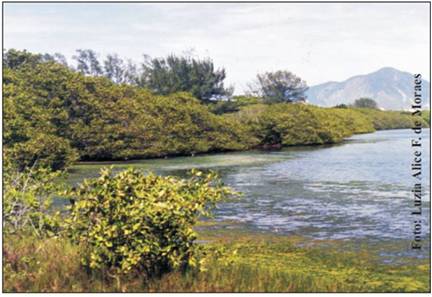INTERACTIONS OF MAMMALS AND PALMS IN FRAGMENTED NEOTROPICAL LANDSCAPES
Keywords:
Seed dispersal, habitat fragmentation, mammals, palms, seed predationAbstract
Human-induced forest fragmentation and hunting create so-called “empty forests”, wherein the loss of major vertebrates results in the disruption of many animal-plant interactions, including seed dispersal and predation. Such disturbances affect recruitment of seedlings and ultimately the abundance and diversity of plants. Palm trees are one of the most abundant food resources in tropical forests and are therefore considered necessary for the survival of many mammal species. The present paper analysed the results of 74 studies in the Neotropical region (published until 2008) dealing with palm tree seed dispersal and predation by mammals. The most important seed dispersers were ungulates, primates and rodents. Most studies discussing the reduced participation of mammals in palm tree seed dispersal and recruitment found that the amount and distance of removed / carried seeds were smaller inside fragmented or impoverished forests, resulting in accumulation of seeds around the mother trees. In most cases this accumulation was followed by increased predation by bruchid beetles, pathogenic microorganisms, and small mammals. Given the complexity of the ecological interactions and processes leading to the establishment of new plants in the areas, the palm tree populations were affected in different ways by defaunation, with some species becoming scarcer in the forest fragments while others increased in abundance. There are clear morphological and ecological traits which enable sets of palm tree species to be prioritized with respect to their vulnerability to extinction. Effective recognition of vulnerable species, along with reliable predictions of the resulting scenarios of forest impoverishment and fragmentation can aid the implementation of more effective management strategies.


